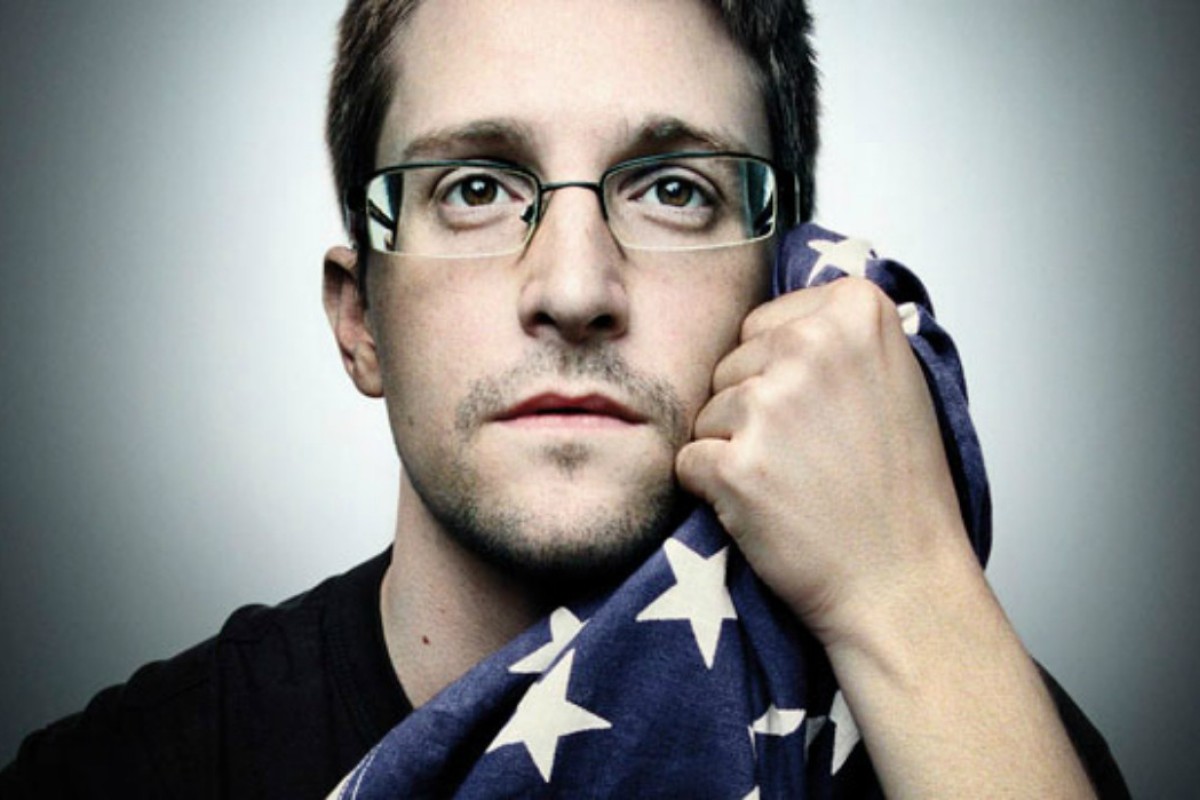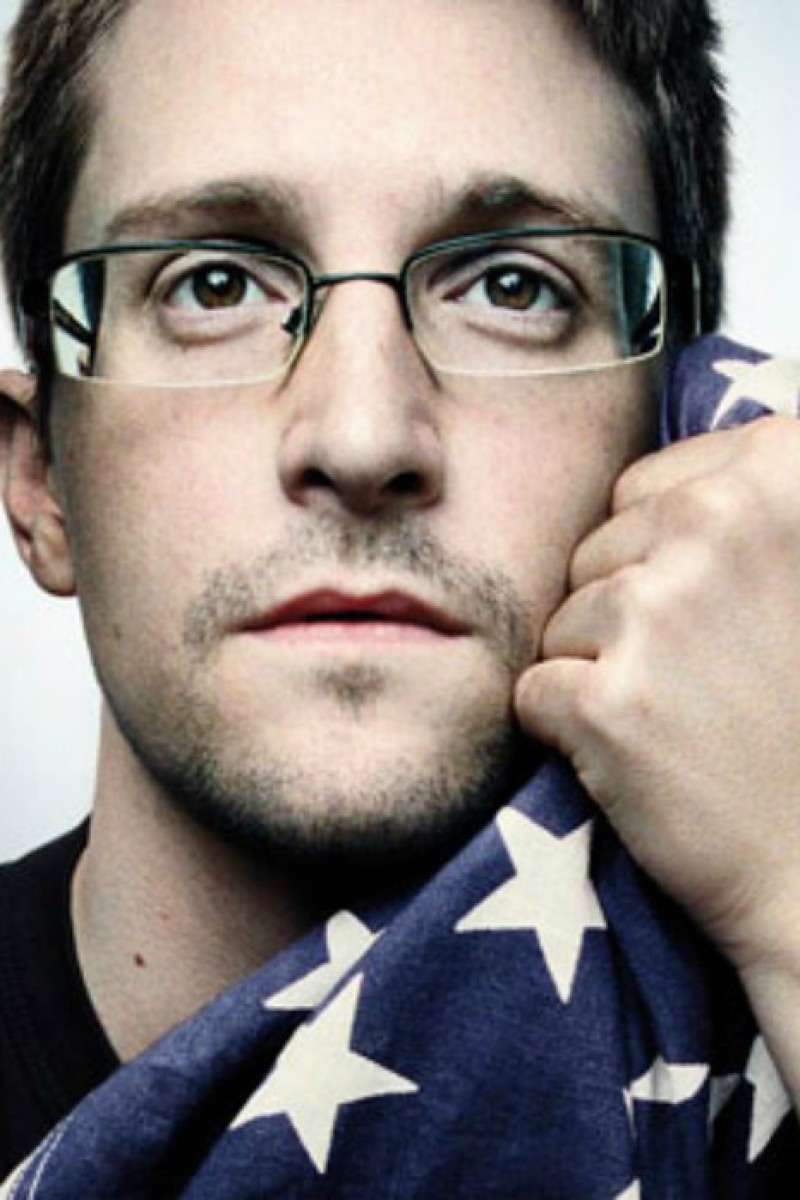
“Do you know where is Edward Snowden?” he asked.
“Um, no.” I answered apologetically. There went the first conversation I had with my boss on the day I started my CNN internship back in June of 2013. For the rest of the week, the world was on a relentless search for Snowden, the man who leaked the United State’s highly classified surveillance program against millions of ordinary citizens.
A year later, the question found its answer in Laura Poitras’ latest documentary Citizenfour. Behind the global media frenzy about the NSA whistleblower, the film exhibits the raw encounter between Snowden and journalist Glenn Greenwald. Employing the charm of a mystic thriller, it started with a dim tunnel vision and a grim voice reading out Snowden’s encrypted messages to Poitras. As he instructed her to identify him with a Rubik’s cube, the tunnel vision came to an end. Hong Kong’s iconic skyline was brought to light. The gripping documentary captures Snowden’s short stay on the 10th floor of the Mira Hotel. Poitraus, Greenwald and journalist Ewen MacAskill were cramped in the semi luxury hotel room, debunking government secrecy and watching the world react to it. It was breathtaking to see how the biggest news story in 2013 unfolded from the tiny room.
After a Citizenfour screening, a panel which includ director Laura Poitras talked about surveillance
Unlike a James Bond movie, which every misery would be resolved once you stepped out the theatre. It’s chilling to acknowledge that Citizenfour is the reality. Almost more perfect than a Hollywood plot, the film shows how our tech savvy lifestyle is exposing us to interception in the most meticulous ways. “Pro tip: never leave SD card in your laptop for too long,” Snowden said before logging into the NSA archive, with a piece of cloth to cover his head for the fear of “visual collection”. Meanwhile, he didn’t forget to unplug the telephone on his nightstand because it could be secretly recording. The film highlights the deeper significance of privacy violation. That is, for the sake of national security, people no longer feel free to express themselves even in the most private channel of communication. The film advocates the audience to at least pay attention, if not taking action already to repel against the surveillance schemes.
With poignant shots and enthralling music, Laura Poitras has created a riveting piece of cinema. But more importantly, Citizenfour is an eminent inspection on modern day civil liberty.
